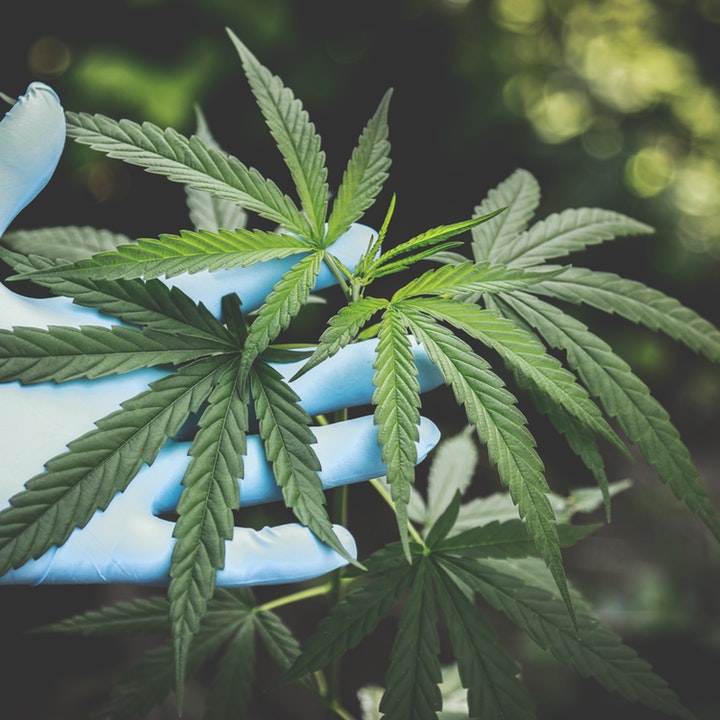For many thousands of years, humanity’s health and wellbeing are hinged on a few herbs and plants. Anywhere from mild pain to debilitating illnesses found some sort of relief and resolution through the use of herbal medicine. Nothing has created more buzz and controversy when it comes to alternative medicine than cannabis and kratom.
Impassioned arguments on both sides of the debate seem to be unending and unyielding. Many concerns arise from legalizing the use of these plants, yet their full potential at maintaining people’s health and wellbeing is still a mystery, but ongoing research has many promising results.
Back to Basics
Cannabis has been a controversial plant for many decades now. For many centuries, people have used this plant in treating a wide variety of ailments that people suffer from. It is only in recent times that people, especially in positions of power, begun painting the plant in a bad light.
But times are changing; people are starting to warm up to the idea that cannabis does offer a significant impact on our health. Government and authorities around the world have begun reevaluating their stand when it comes to cannabis and has even started legalizing the plant for medical use. It is only a matter of time before we see full legalization of marijuana across the world.
Kratom, much like cannabis, is another plant known for its psychoactive properties. It is native to Southeast Asia but is seeing a rise in popularity in western countries. Historically, kratom has been used in traditional medicine.
The plant has opioid-like properties, one primary reason for its popularity; opioid addicts have been known to use kratom to help in their recovery. Unlike cannabis, there is still a lot of mystery surrounding the efficacy of kratom in our health. What is known are based on individual user account with a few studies still researching the plant.
Benefits
There are an ever increasing number of people who are turning to cannabis and kratom in addressing their many health issues. Not all claims are scientifically proven, but with the number of reports that back up their health benefits, all these claims are worth exploring.
Cannabis
With many authorities and government bodies relaxing their tight grip on the plant, scientists have been given more freedom to conduct their research on cannabis and how it impacts our overall health. Its pain-relieving is well known and established, but new studies have reported its correlation at resolving other health issues.
One such illness that cannabis has been shown to improve is in managing epilepsy, specifically the kind common in children. The new drug, Epidiolex, has been approved for the treatment of Dravet syndrome and Lennox-Gastaut syndrome. The two active ingredients in cannabis, tetrahydrocannabinol, and cannabidiol interact with the cells of the body, including the brain.
Medical cannabis has also been used in treating chronic pain. CBD or cannabidiol has anti-inflammatory properties. The disease process that results in pain is a complicated one, but inflammation is one huge factor. Being able to manage inflammation in the body can have a drastic effect on lower the pain level of those suffering from chronic pain.
Cannabis also affects people’s appetite. Patients suffering from cancer benefit from this greatly. Chemotherapy suppresses their appetite, which only exacerbates their condition. Medical marijuana is one way to get them eating again, and its anti-nausea properties also help patients keep their food down.
Kratom
As mentioned earlier, further studies are needed to understand how the body benefits from kratom fully. Like cannabis, most of its benefits are based on what users reported from using the plant. One famous claim people have about kratom is it helps alleviate symptoms of anxiety and depression. There have been a number of sellers, who market kratom as a treatment for many mental issues and have led many to order kratom online.
The liquid form of the plant has been used by many in treating a number of ailments from muscle pain, stomach cramps, and diarrhea. Some use kratom to help them lose weight. Like cannabis, kratom has also been used in managing pain by impacting the hormonal system. There is a marked increase in the release of serotonin and dopamine in the body when kratom leaves are chewed, which helps alleviate pain in many individuals.
One very controversial benefit that many have claimed about kratom is its use in addiction recovery. Many people who are recovering from addiction, particularly opioid addiction, has reported achieving better results towards recovery when they use kratom in conjunction with their other treatment. Kratom also helps manage the withdrawal symptoms that come with recovering from hard drugs. This benefit alone has made the plant very valuable around the world and stirring up quite a lot of controversy.
Conclusion
Further research about both these plants is needed to validate all these beneficial claims that many have reported. For cannabis, the future looks promising. Kratom, on the other hand, is still shrouded in mystery with its legality in many countries still in limbo.

